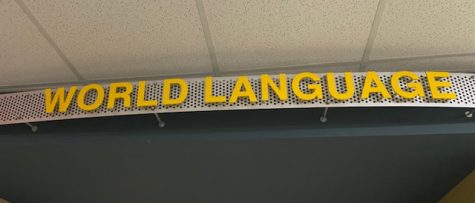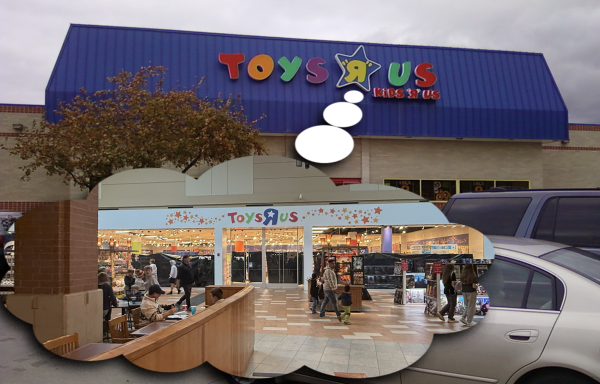Teaching Kids Another Language
The want for a second language course in elementary schools increases

The benefits of teaching children a second language at an early age are multiplying as the United States grows more diverse every year. Because of this, people are pushing for elementary schools to incorporate a second language course into their curriculum.
According to learnalanguage.org, kids are better at comprehending the basics of a language than young adults. English for Speakers of Other Languages teacher Christine Drabek believes any age under ten is the great time for them to start learning.
Drabek says there are a few reasons why the United States in one of the few countries in the world that doesn’t offer a second language class in elementary schools.
“In the past, our country has expected immigrants to assimilate to American society and leave behind their home culture,” said Drabek. “It has become more acceptable for immigrants to acculturate in more recent decades. At this time, we do not have enough bilingual teachers to have large bilingual programs in schools in the United States.”
According to leadwithlanguages.org, children exposed to another language early on are more likely to grow up with a positive attitude toward other cultures.
“When people learn a new language, they often learn about the cultures the language is spoken in, which builds understanding and tolerance,” said Drabek. “Being more understanding and tolerant is always a good thing.”
Additionally, learning a new language strengthens a child’s cognitive development. Drabek says it helps them build skills that they will use for their rest of their lives, such as literacy and problem solving.
Like a lot of other students, senior Kailey Inman first began studying another language in high school. Having dealt with the language’s difficult pronunciation for four years, she believes it would have been easier to adapt to had she started at an earlier age.
“Kids catch on to languages so fast at a young age,” said Inman. “The longer you are working on a given thing, the better you are.”
The ability to communicate in more than one language is valuable in an increasingly diverse country, therefore exposing children to various languages sets them up for success in life.
“I believe being bilingual is very important in today’s society,” said Inman. “Much of the world is so interconnected and by being bilingual it fills the language gap. It allows for better opportunities in the business field, politics and so many more areas.”
Your donation will support the student journalists of Southeast Polk High School. Your contribution will allow us to purchase equipment and cover our annual website hosting costs.





